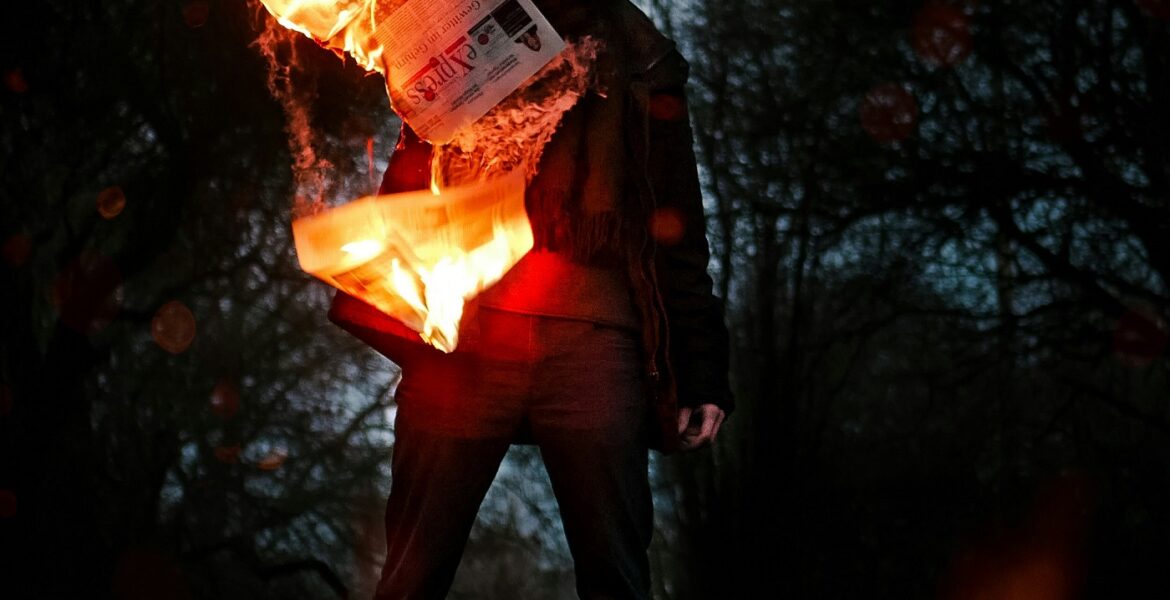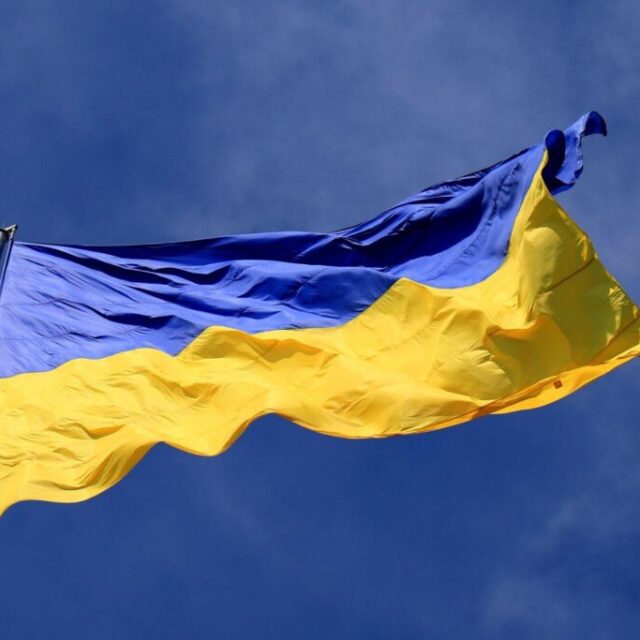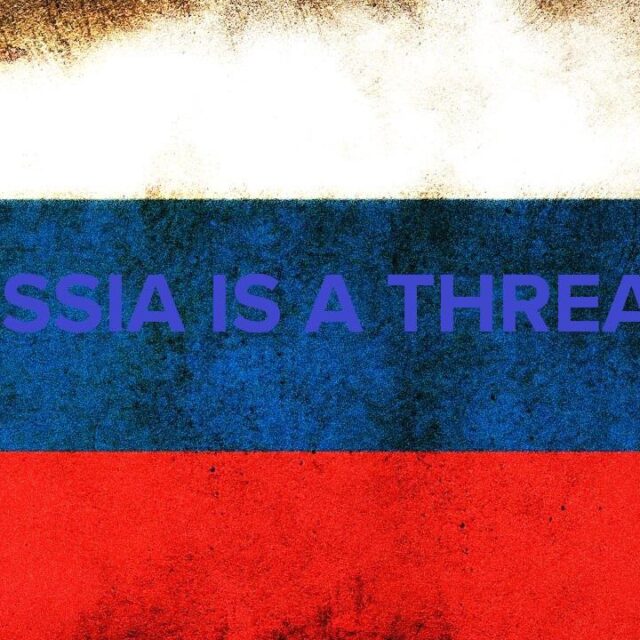Photo by Julius Drost on Unsplash
Russia is waging war against Ukraine in the forests of Kharkiv, the steppes of Kherson, and the coal dumps of Donbass. However, the battlefield extends beyond Ukraine’s east and south. Russia’s use of rockets, guided bombs, tanks, and artillery is matched by its strategic war on the information front, where vast sums of money are invested. In the 2025 budget, 137.2 billion rubles (around $1.42 billion) have been allocated for state propaganda, a 13% increase compared to 2024.
Moscow aims to discredit Ukraine’s leadership, undermining trust among Western, African, Latin American, and Asian leaders, causing divisions within Ukraine’s elite, and demoralising the Ukrainian people. Recently, Russian information operations have intensified, targeting Ukraine’s president, the Presidential Office, and military-political leaders. With failures on the battlefield, Russia, under Sergey Kiriyenko’s leadership, plans a large-scale anti-Ukrainian campaign based on manipulative messages and outright lies about Ukraine’s “illegitimate leadership,” “tolerance of Nazism,” and “total corruption.”
Already, some media outlets are publishing content that aligns with Russian propaganda, testing how certain narratives resonate with audiences. This campaign is expected to peak around the inauguration of Donald Trump in early 2025, aiming to disrupt the constructive dialogue between Ukraine and the new U.S. administration to prevent a resolution unfavourable to Russia.
The Kremlin plans to leverage its influence over opposition politicians, experts, and journalists to provoke critical statements about President Zelensky and his team, sowing discord within Ukrainian society and providing ammunition for Russian propaganda in the West. Radical actions, such as attempts on the lives of opposition figures, cannot be ruled out as a means of inciting unrest.
The goal of Russia’s information operations is to create an image of Ukraine’s leadership as incompetent, corrupt, and incapable of effective governance. Russian propagandists have spread fabricated stories, such as claims of Zelensky buying a hotel in Courchevel for 88 million euros and Ukraine’s refusal to hold elections making its government illegitimate.
The operations are coordinated by Kiriyenko and his associates. The Washington Post reported in February 2024 that Kiriyenko oversees two disinformation groups: one focused on destabilising Ukraine internally and another targeting Western support for Ukraine. Key figures in this operation include Alexander Kharychev, head of Russia’s presidential administration’s social monitoring unit, and Tatiana Matveeva, who heads the information and communications technology division.
The NGO “Dialog,” created in 2019, is a key player in spreading fake news, including claims that Ukrainian soldiers are selling medals on eBay and that Ukrainian officials own Swiss properties. It has been sanctioned by the EU and the U.S. for its role in Russian disinformation efforts.
Another important element is the involvement of Artemy Lebedev’s creative studio in producing propaganda materials. Lebedev, known for his provocative design work and close ties to Russian authorities, has publicly supported the war and contributed to pro-Kremlin campaigns.
Kremlin-backed disinformation also involves manipulating international media articles. For example, stories from Foreign Policy, Newsweek, and The Spectator are twisted to support Russia’s narrative, portraying Ukraine as exhausted by the war and Western support as waning. Russian media often misquote or distort statements from Western leaders to reinforce these narratives.
The Kremlin is even willing to pay for pro-Russian comments in major Western outlets, highlighting the extent to which Russia manipulates the media to influence global opinion. Through these efforts, Russia aims to create the illusion of international legitimacy for its messages, despite the manipulation and falsifications involved.
Exposing these campaigns and strengthening independent media are critical to countering this disinformation. The fight is not only about defending Ukraine but also about safeguarding global democratic values that are increasingly targeted by Russian hybrid warfare.




